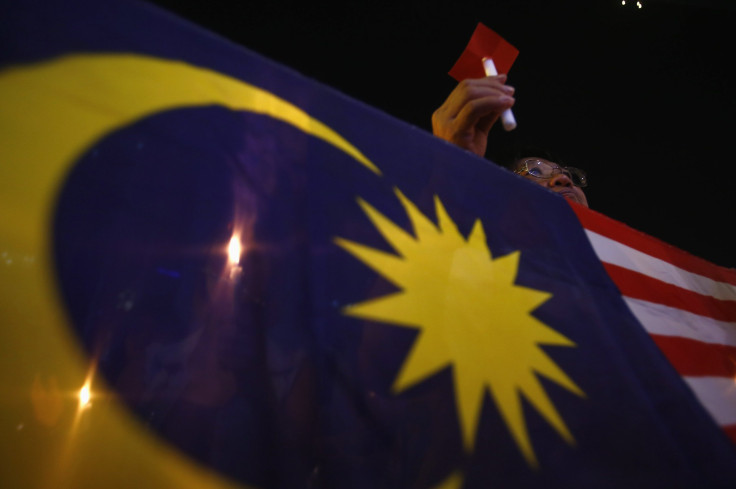South China Sea: Malaysia Wants To Extend Claim In Challenge To China
Malaysian Foreign Minister Saifuddin Abdullah told reporters Friday that his country will stand behind a Dec. 12, 2019, claim made to the United Nations (U.N.) to stretch its boundaries beyond the normal 200 nautical miles. Abdullah conceded that the submission has already met with Chinese opposition.
BenarNews, a Radio Free Asia (RFA) affiliated online news service that viewed the submission documents, showed the claim to be off the northernmost point of Malaysian Borneo.
Shortly after the Malaysia filing under the 1982 U.N. Convention on the Law of the Sea (UNCLOS), China protested with the same language it previously used in 2016 to state its case to the U.N.
In a note, the Asian superpower said, “China has internal waters, territorial sea and a contiguous zone based on its Nanhai Zhudao. China has an exclusive economic zone and continental shelf. China has historic rights in the South China Sea.” The comments were reported by the South China Morning Post.
Abdullah, commenting from Putrajaya, Malaysia’s administrative capital, said “We expected China to object, but it is our claim and we will maintain our claim. One, there will always be dispute[s], just like there are certain areas in the South China Sea where there will always be dispute[s]. Second, the end game, which rarely happens, you go for arbitration.”
Those comments indicate that Malaysia may be planning to create a pathway for an arbitration case to be presented before the U.N. over the disputed territories. The Philippines achieved a victory of sorts in 2016 when a U.N. Permanent Court of Arbitration (PCA) in The Hague ruled in favor of the Philippines and its exclusive economic zone (EEZ) over China’s claims.

China may be making subtle changes in how to present any future case over its sovereignty claims versus the EEZs of Malaysia and other countries. The use of the term “Nanhai Zhudao” instead of the vaguer Nine-Dash Line points to China trying to better clarify its claims.
The phrase means “certain islands of the South China Sea” in Mandarin compared to the Nine Dash Line that swallows up most of the South China Sea. It remains to be seen if this will make any difference to the U.N. PCA, but it does provide some welcome clarity to China’s claims.
Another opinion came from Stephen Nagy, senior associate politics and international studies professor at International Christian University in Tokyo. He said of Malaysia, in comments to Voice of America (VOA), “They’re looking at all this really hard-core pressure against the Chinese and seeing it’s a potential strategic window to probably exploit more financial aid, more development aid from China. “They’re exerting the pressure at the right time, understanding it’s in line with the other states in the region rather than being an outlier.”
The VOA pointed out that rivals of China were resisting its expansion in the region and, in some cases, were receiving military aid from the United States. That is sure to increase the ire of China who will likely ignore any U.N. ruling as it has with the 2016 one on the Philippines' claims.
© Copyright IBTimes 2025. All rights reserved.





















